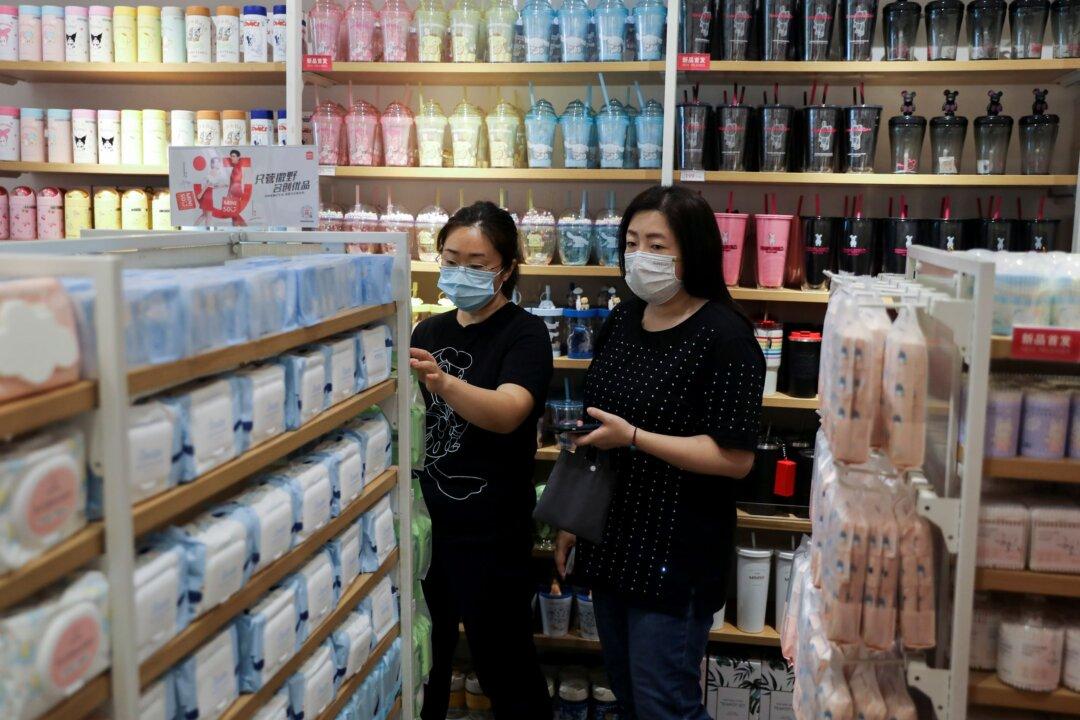BEIJING—Chinese retailer Miniso Group will open a flagship store in New York and nearly double its U.S. outlets this year, betting post-pandemic shoppers on a budget will snap up cheap goods for home and work like $10 soft toy cats and $4 staplers shaped like avocados.
At less than 60 outlets, Miniso’s U.S. presence will still be dwarfed by giant low-price retailers like Dollar Tree, as well as its own home Chinese base of nearly 3,000 stores.





